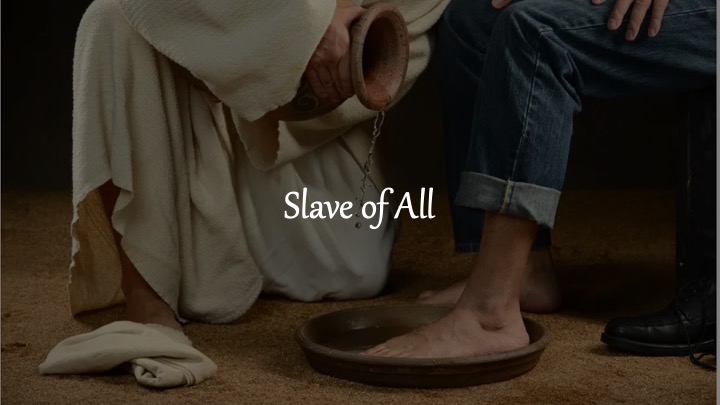The story of the first family, spanning from Eden to the lineage of Seth, reflects the struggles and dynamics familiar to families today. Adam and Eve’s disobedience introduced sin, separation from God, and pain into their lives, yet they remained recipients of God’s grace. Despite their failures, they taught their children about the Creator and instilled hope in the promise of redemption. The tensions between Cain and Abel, marked by jealousy and violence, illustrate the universal challenge of sibling rivalry and the destructive consequences of unresolved conflict. In contrast, Seth’s line embodied faithfulness and carried forward the hope of salvation, highlighting the lasting impact of spiritual choices within families.
This narrative parallels the challenges modern families face, such as relational conflicts, the consequences of poor decisions, and the struggle to remain faithful in a fallen world. Adam and Eve’s resilience in the face of loss and their reliance on God’s promise of redemption offer encouragement for families navigating brokenness today. Similarly, the contrast between Cain’s lineage, marked by moral decline, and Seth’s lineage, centered on worship and faith, underscores the importance of prioritizing God in family life.
Ultimately, the story of the first family is a testament to God’s unwavering grace and His redemptive plan for humanity. Though sin brought suffering and separation, God’s promise of a Savior gave Adam and Eve hope for the future. For families today, this story serves as a reminder to rely on God’s wisdom, pursue reconciliation, and leave a legacy of faith that reflects His love and righteousness.

Pontius Pilate was the Roman governor of Judea from A.D. 26-36, serving under Emperor Tiberius. He is most known for his involvement in condemning...

In Galatians 5:13, the apostle Paul talks about using our freedom to serve. In 1 Peter 2:16, Peter writes this to us: “Live as...

Episode 15 opens with Liz and Allison discussing whether Liz should reach out to Michelle. Liz’s heart is hardened, convinced that Michelle is only...